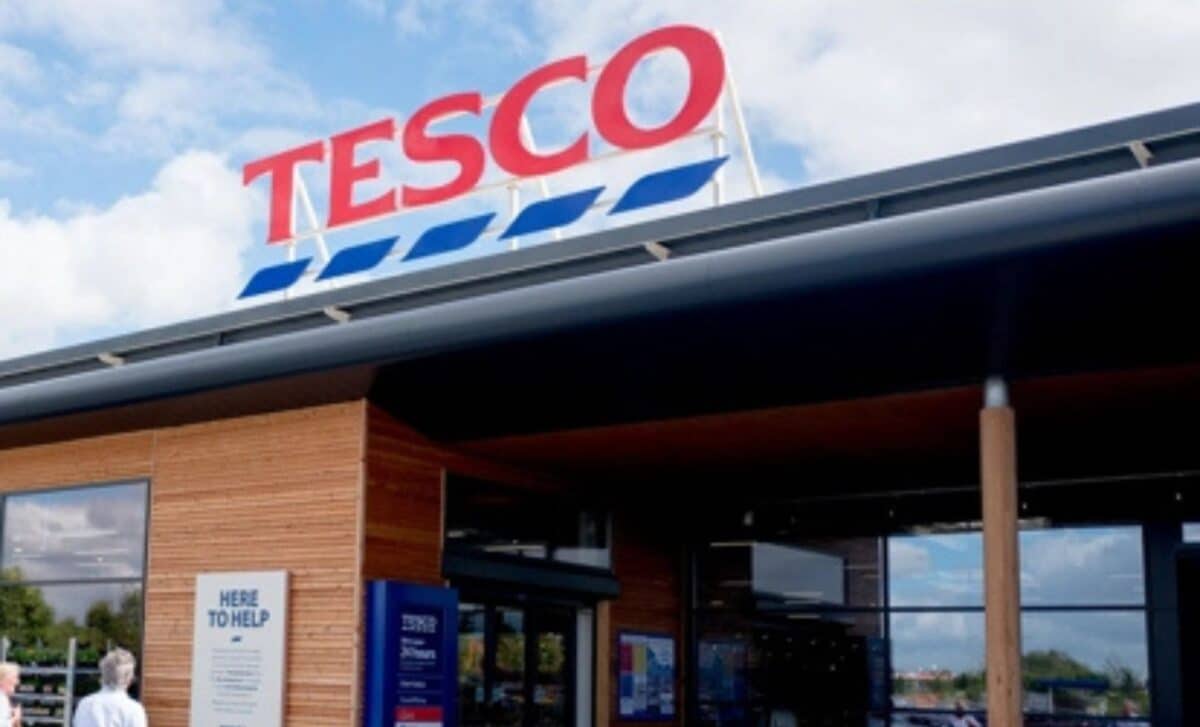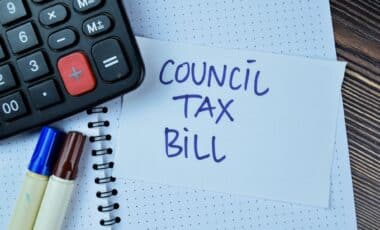The UK government’s latest move to tackle waste and meet its net-zero goals has sparked heated debate, as a new “grocery tax” quietly takes shape. Designed to charge retailers and manufacturers for excessive packaging, the tax is already facing backlash from critics who warn it could push up household bills by £56 annually. While the government touts this measure as essential for combating waste and bolstering recycling infrastructure, others see it as a poorly-timed financial burden for families struggling with the rising cost of living. Could this be a step towards sustainability or a recipe for economic strain? The stakes are high for shoppers, businesses, and the environment alike.
What Is the Grocery Tax and Why Is It Being Introduced?
The grocery tax is part of the government’s push towards sustainability, targeting retailers and manufacturers by charging them based on the weight of packaging materials they use. The initiative is expected to generate over £1 billion annually and is intended to reduce waste, boost recycling rates, and support the UK’s net-zero emissions targets.
A spokesperson for the Department for Environment, Food and Rural Affairs (Defra) defended the policy, stating:
“This government will end our throwaway society and stop the avalanche of rubbish that is filling up our streets by increasing recycling rates, reducing waste, and cracking down on waste crime.”
The revenue from the tax is also projected to stimulate significant investment in the recycling industry, creating 21,000 jobs and attracting over £10 billion in funding over the next decade.
Who Will Feel the Impact?
Consumers are likely to bear the brunt of this policy. Estimates suggest that the tax will add around £56 annually to household grocery bills, as retailers and manufacturers pass on the costs of compliance to shoppers. This increase could exacerbate financial strain for families already grappling with inflation.
Andrew Opie, Director of Food and Sustainability at the British Retail Consortium, acknowledged the environmental benefits of the scheme but cautioned about its financial implications:
“Ultimately, customers and businesses will pay for these improvements through increased costs, which is why it is essential that the Extended Producer Responsibility (EPR) scheme delivers a step change in recycling that justifies its £2 billion a year cost.”
Criticism of the Tax: A “Growth-Destroying” Measure
Critics argue that the tax could worsen the cost-of-living crisis and stifle economic growth. Lord McKinlay, chair of the Net Zero Scrutiny Committee, expressed sharp criticism, calling the policy another example of burdensome “green politics”:
“It heaps more than a billion pounds of new and unnecessary costs on consumers. It needs to be called out for what it is: yet another net-zero tax which adds to consumer cost inflation and further adds to the administrative burden on UK businesses.”
Similarly, Lord Frost highlighted what he sees as a lack of balance in the government’s approach, stating:
“Keir Starmer’s government is obsessed with green politics and is quite happy to impose these new burdens on businesses, which will boost inflation and push up food costs for every family.”
Potential Benefits: Investing in Recycling and Reducing Waste
Proponents of the policy believe it could transform the UK’s approach to waste management. The government anticipates that the Extended Producer Responsibility (EPR) scheme will drive significant improvements in recycling infrastructure, creating thousands of jobs in the process.
Potential Benefits of the EPR Scheme:
- Environmental Impact: Reduction in landfill waste and single-use plastics.
- Economic Growth: £10 billion investment in recycling over the next decade.
- Job Creation: 21,000 new roles in the green economy.
Defra claims that the fees under the scheme have been carefully calibrated, with reduced rates for specific materials like glass to minimise the burden on certain industries.
The Cost to Consumers: Breaking Down the Numbers
The financial implications of the grocery tax for households are a key concern. Below is a breakdown of the potential costs:
| Category | Estimated Annual Cost |
|---|---|
| Added packaging levy | £2 billion (total cost) |
| Average household impact | £56 per year |
| Retail price increases | Variable across products |
The table highlights the overarching costs of the scheme, which will likely vary depending on shopping habits and packaging use.
A Balancing Act: Sustainability vs. Affordability
The grocery tax reflects a broader tension between environmental goals and economic realities. While it is designed to tackle waste and promote sustainable practices, critics question whether the policy’s implementation strikes the right balance.
Lord McKinlay summarised this dilemma succinctly:
“The rapidly introduced, yet little-noticed ‘grocery tax’ legislation heaps unnecessary costs on consumers, highlighting the government’s failure to consider its broader economic implications.”
Yet, Andrew Opie of the British Retail Consortium countered with a hopeful perspective, emphasising the potential long-term benefits of the scheme if executed effectively.
How Shoppers Can Prepare
For consumers concerned about the financial impact of the grocery tax, small changes in shopping habits could help mitigate rising costs:
- Opt for Products with Minimal Packaging: Choose items sold loose or with recyclable materials.
- Support Local and Sustainable Brands: Smaller, eco-conscious producers may offer alternatives.
- Monitor Promotions and Discounts: Look for deals to offset price increases.









